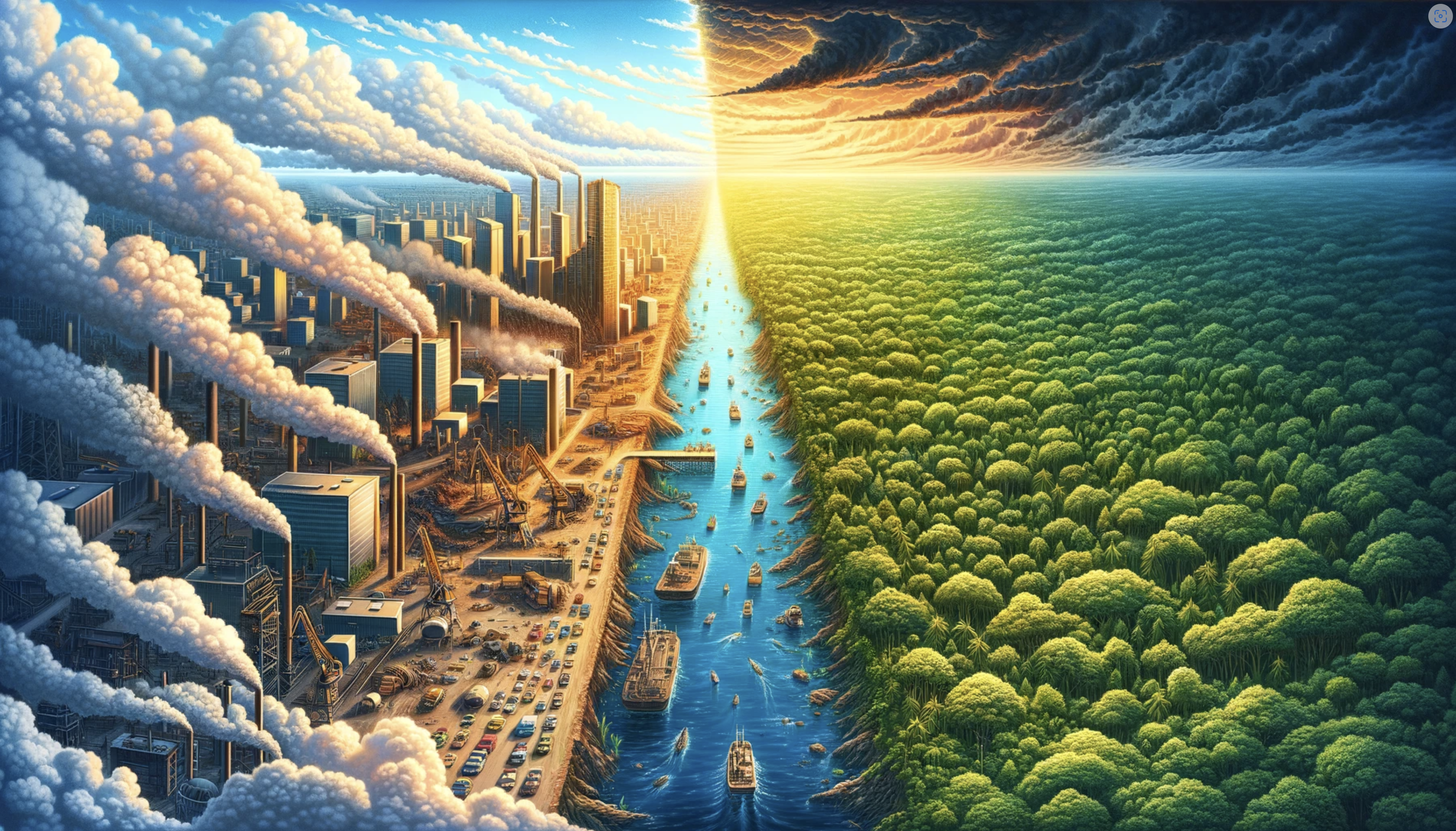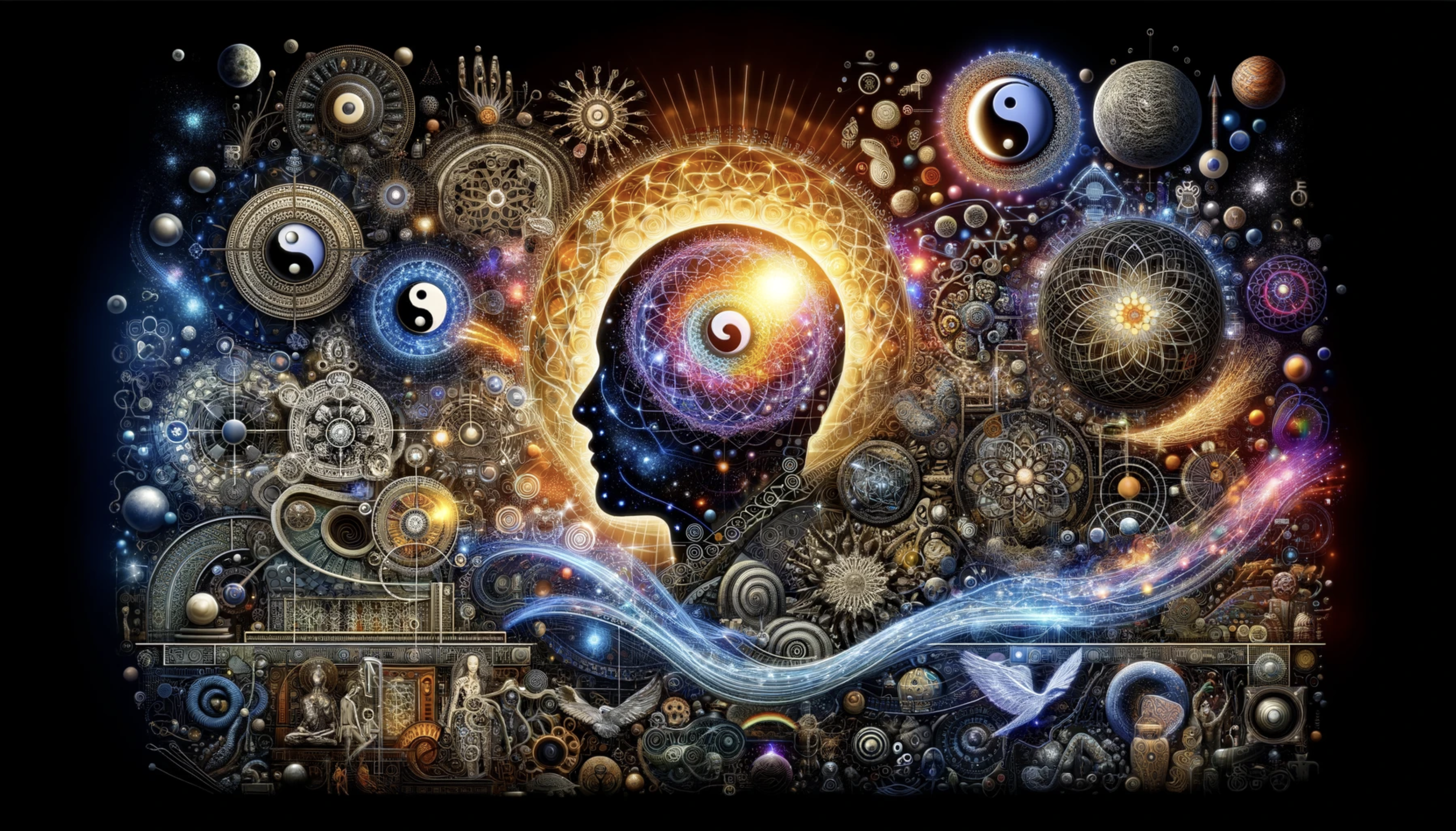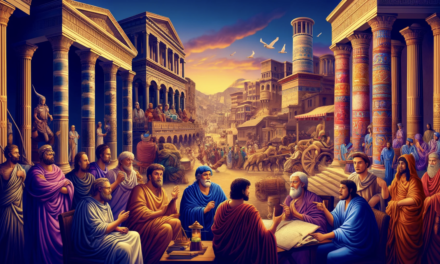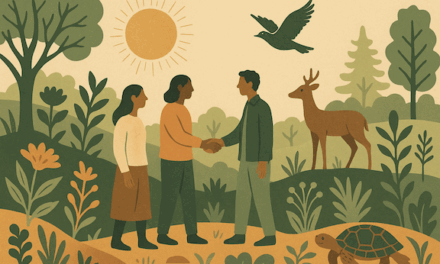Exploring the Convergence of Physical, Biological, and Cultural Evolution
A series of three articles proposing an underlying unity behind physical, biological and cultural evolution.
The proposed paradigm shifts the discourse on progress from a linear, goal-oriented model to an adaptive, interconnected, and ethically grounded process. It integrates the unfolding nature of consciousness, the holistic insights of non-duality, and the depth of narrative identities to formulate a comprehensive approach to progress. Such a paradigm not only responds to the challenges of the Anthropocene but also offers a resilient, sustainable, and deeply humanistic path forward.
Click on any of the three sand-coloured buttons below to read the particular article.

Rethinking Progress: Embracing Unfolding and Adaptation in the Anthropocene”
This article sets the stage by challenging traditional notions of progress and introducing the concepts of unfolding and adaptation as they apply in the Anthropocene. It’s a foundational piece that redefines what progress might mean in a world where environmental and social sustainability are paramount

Unveiling Unity: The Interconnected Evolution of the Cosmos, Life, and Human Culture
Building on the redefined concept of progress, this article expands the discussion by exploring the interconnected evolution of physical, biological, and cultural phenomena. It draws on the narrative of big history to illustrate the continuous thread running from the Big Bang to modern human societies.

Integrating Consciousness, Non-duality, and Self-Identity into a New Paradigm of Progress
This article dives deeper into philosophical and existential realms, integrating consciousness, non-duality, and the narrative identity of Charles Taylor into the evolving discourse on progress. It offers a sophisticated synthesis that challenges readers to consider inner dimensions of progress.
Each article is a discussion piece drawing on extensive reflection sparked by the views of Thomas Berry, inspired by the theories of Iain McGilchrist, and drawing on the writings of numerous scholars in fields as diverse as philosophy, physics, mathematics, chemistry, biology, thermodynamics, neuroscience, psychology, social science, literature, history, geography, management theory, and theology.
Terry Cooke-Davies
3rd May 2024
Special thanks to the AI assistance provided by ChatGPT (4) from OpenAI in shaping this article.






